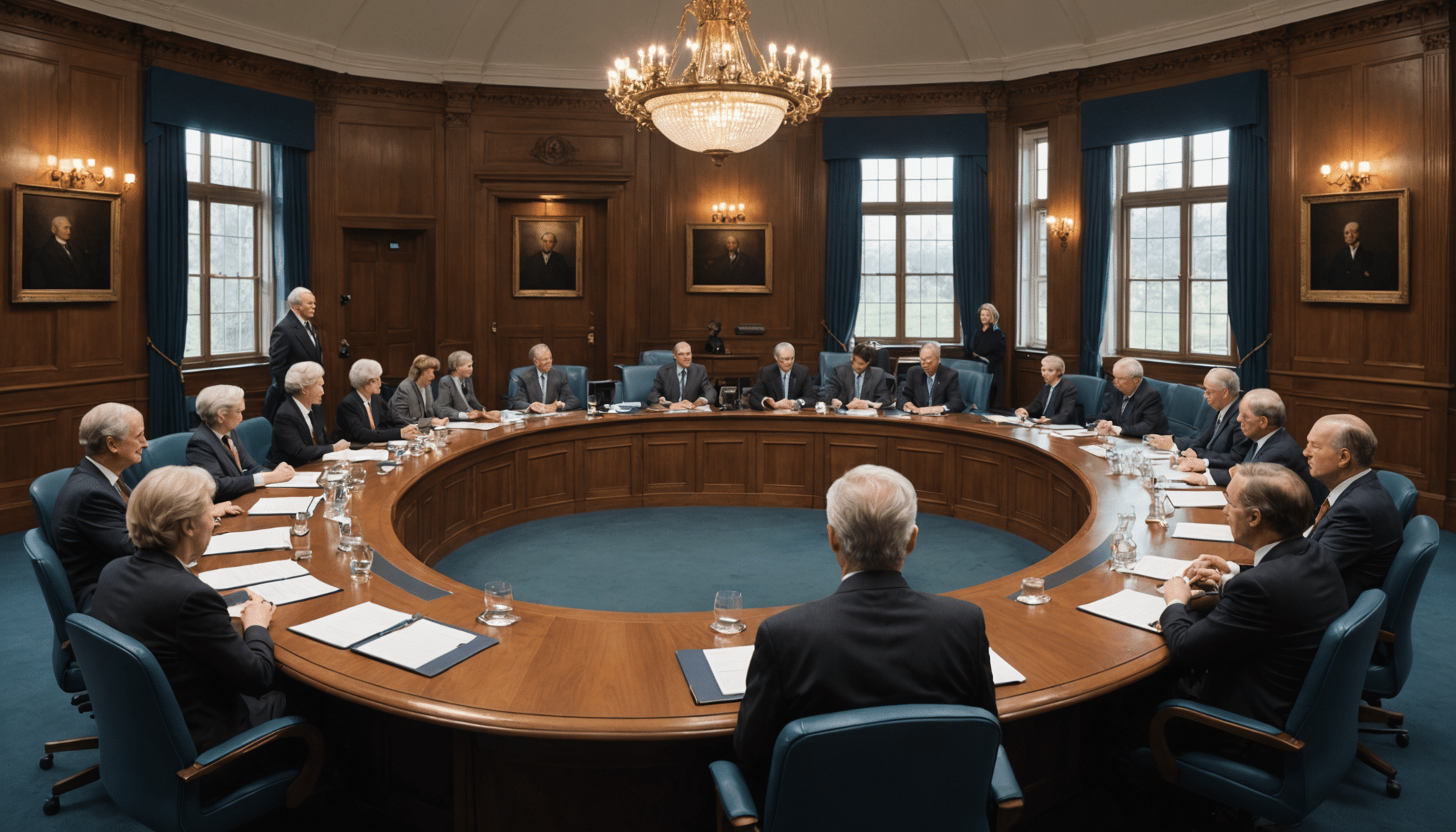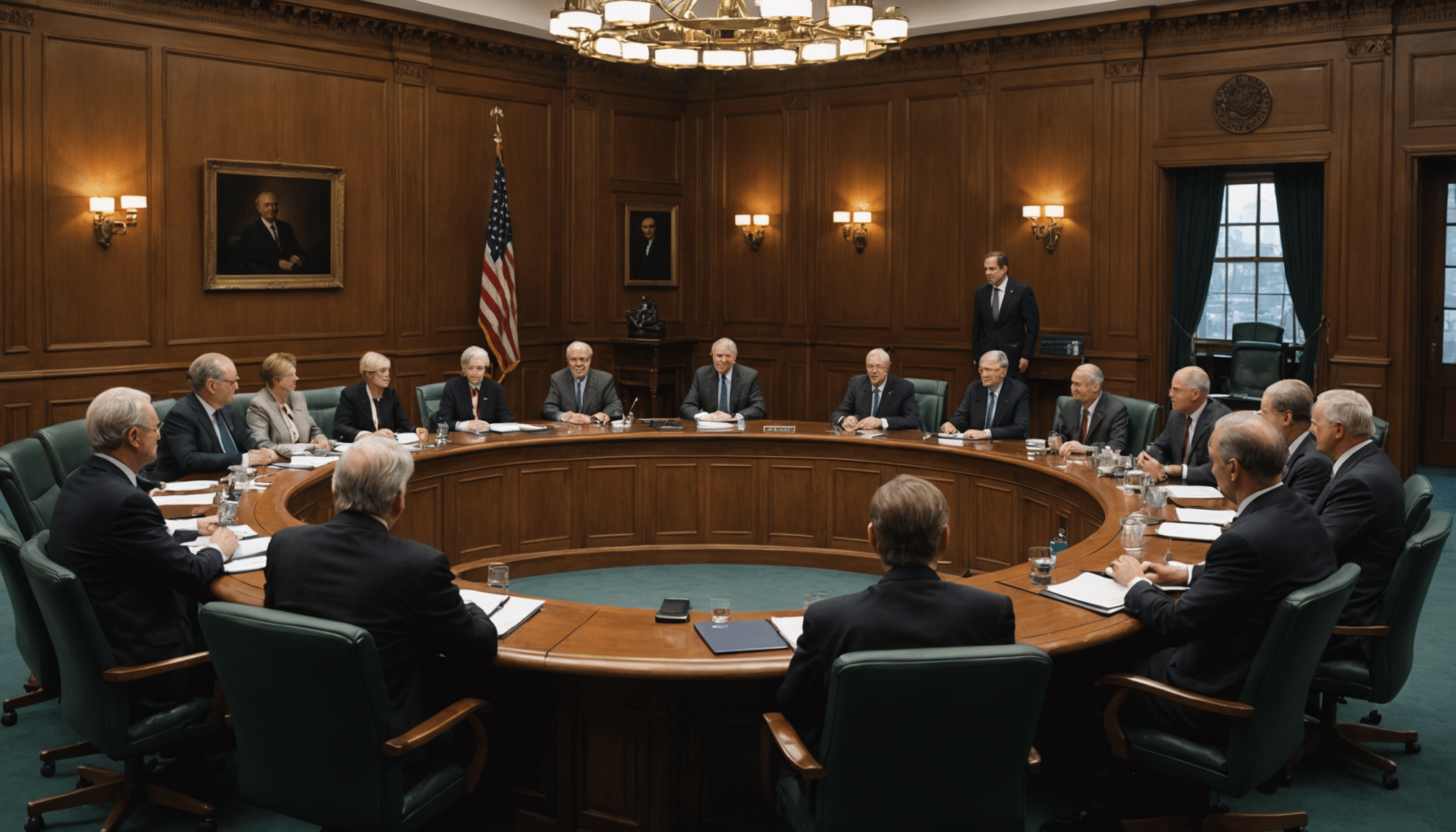During her intervention before the parliamentary committee, the CEO of Ageing Better, Dr. Carole Easton OBE, emphasized the need for a Commissioner for Older People endowed with appropriate powers. She argued that for this position to be truly effective, it must have the ability to act meaningfully in policy-making. Her remarks highlighted crucial issues related to autonomy and the rights of older individuals, as well as the fight against the inequalities that affect them.
During a recent hearing before the Parliamentary Committee on Women’s Rights and Equality, the CEO of Ageing Better, Dr. Carole Easton OBE, underscored the crucial importance of a Commissioner for Older People endowed with sufficient powers to act as an effective advocate for seniors’ rights. She insisted on the necessity of allowing this role to investigate and demand answers from authorities, in order to ensure that the needs of the aging population are properly integrated into public policies. Dr. Easton also called for the establishment of a true strategy aimed at combating age discrimination and addressing the economic inequalities faced by older individuals.

the necessary powers for the Commissioner for Older People
The speech delivered by the CEO of Ageing Better, Dr. Carole Easton, before the Parliamentary Committee emphasizes the importance of adequate powers for the Commissioner for Older People. She expressed that, without these powers, the effectiveness of this role would be compromised. A commissioner cannot truly be a champion for older people if they are not able to demand accountability from decision-makers and gather the necessary data. Dr. Easton asserts that significant powers are essential to initiate investigations into any form of discrimination or abuse that could impact the aging population.
the need for a serious inquiry
During her intervention, Dr. Easton noted that the commissioner should be able to conduct formal inquiries into specific concerns. This includes issues such as health inequalities and age-related discrimination in the workplace. According to her, including class inquiries would shed light on systemic abuses, contributing to better awareness and a more appropriate political response to the needs of the elderly population.
amplifying the voices of older people
The establishment of this role is supported by recent reports that highlight the need to hear the voices of older individuals. A commission endowed with real powers would not only be a step towards change but also a means to improve the quality of life for seniors. Dr. Easton stated: “To address challenges like retirement poverty, it is crucial for decision-makers to understand the true consequences of their choices on this population.” She concludes that the establishment of this type of commissioner is a necessary foundation to guarantee a better future for the aging community.
The power of the Commissioner for Older People: an urgent necessity
In her presentation before the parliamentary committee, the CEO of Ageing Better stressed the importance of granting the Commissioner for Older People adequate powers to advocate for the rights and interests of older individuals in England. Her proposal insists that without this ability, the commissioner would not be able to fully play their role as an advocate for seniors in a society where challenges are increasingly complex.
The CEO addressed the urgency of establishing a framework of specific policies that take into account the growing needs of the aging population. Indeed, with the flare-up of inequalities related to health and access to well-being for older individuals, the commissioner must have the resources to conduct inquiries and emphasize the need for changes. The existence of a commissioner role invested with substantial powers would better respond to these issues and ensure that the voices of seniors are heard in policy decisions.
The report highlighted by the CEO also shed light on numerous challenges, ranging from ageism in the workplace to retirement poverty, which require significant attention. Cases of discrimination and neglect are often reported, yet too few concrete actions are taken. A commissioner endowed with sufficient powers would be a lifeline for victims of such injustices, providing them with recourse.
As our society continues to evolve, it is imperative to ensure that older people have a representative capable of fighting for their rights and bringing about substantial improvements to their quality of life. The establishment of a Commissioner for Older People, well beyond words, could become a catalyst for essential reforms, thus allowing citizens to access a fulfilling life even in their advanced years.








